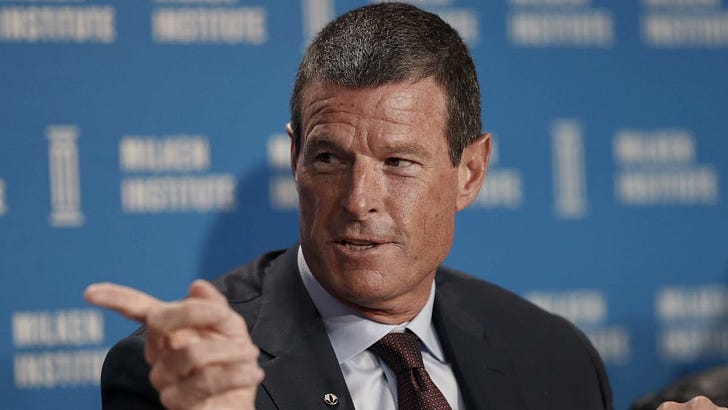Weekly Insights #21- Shorting & The Reverse Compounding Effect
(This blog was originally published on our website- www.surgecapital.in on 14th July 2023)
Shorting as everyone knows is the act of trying to make money off a fall in stock. It is a part of market that is often regarded as more of a professional/institutional driven segment. And it is also an activity which gives the biggest kick in terms of being proven right; given that it is often a less traveled road and thus against 100s of bulls on a stock, one might be a sole bear and thus being proven right gives immense sense of pride.
But having said that, shorting is still the most inefficient way to make money in the markets. And there are multiple reasons for the same-
1. Reverse Concept of Compounding
While on the upside, compounding works wonderfully and every subsequent up move in a stock compound one’s gains from its initial price; on the downside, compounding works in reverse, wherein each subsequent down move results in a smaller gain from the initial short price.
In case of a long position; two 50% upmove will give a return of 125%. Whereas in a short position, two 50% downmove will give only a 75% return.
2. It Requires Extraordinary Efforts
Every short report I have ever read details the extraordinary research that short sellers undertake to uncover the underlying fraud. In the recent short on Adani, people at Hindenburg went to extraordinary lengths that included downloading the entire corporate registry of Mauritius and then piecing together different companies to Adani group.
In case of Muddy Waters short on Luckin Coffee, they hired ~1500 people to sit outside Luckin’s stores full-time to gather data on store traffic and even went lengths to collect actual customer receipts.
I have always thought that if this kind of effort & research would have gone towards finding a promising company, these guys would have got their hands on multiple 100 baggers.
And there are multiple examples of failed shorts; Bill Ackman’s failed short on Herbalife probably is the costliest ever. The documentary “Betting on Zero” very well captures the efforts & time that Bill Ackman put behind it, only to lose close to one billion dollars. (do watch it if you have not)
Sometime back, I had read this investor letter wherein the investment firm had been shorting the bubble stocks for nearly a decade and were finally successful in 2022. However, the net results over this period were negative.
I had personally realized this early on that finding negatives does not makes you money in the markets, it only gives you the satisfaction of being right. I started in the markets as more of a forensic guy, and this was because of two reasons-
My first professional role as an analyst was at Moneylife; which is known for its investigative journalism and thus the work environment sort of pushed it.
Being a CA, I used to think that accounting is my forte and thus there was a natural inclination to go deep in accounting numbers.
I clearly remember that once I had found some major flaws in a company’s cashflows and inventory; and then wrote an article about it to cause a relatively large stir so much so that I got a call from that company’s CFO trying to curtail the damage.
At that time, it felt great to be able to do that; but when I look back now, I think if I would have used that time & energy to find something positive about a company, it would have contributed positively to my portfolio over the years.
This is not to say that all those efforts were worthless, that early experience into forensics allowed me to gain some immense insights on what kind of accounting jugglery Indian companies do (especially the smaller ones) and now it allows me to atleast be aware of the same when I look into any new idea.
But the end learning is that, focusing too much on negatives or trying to make money of negatives is an inefficient way approach the markets.
That’s it for this week, new insight coming up next week. So stayed tuned!




